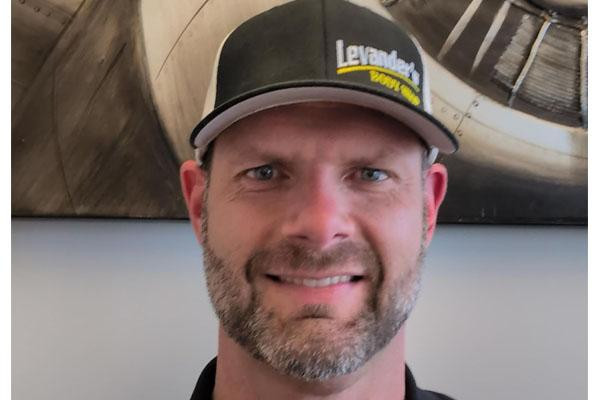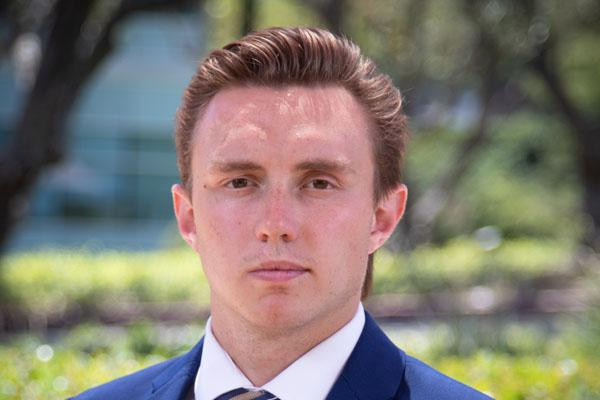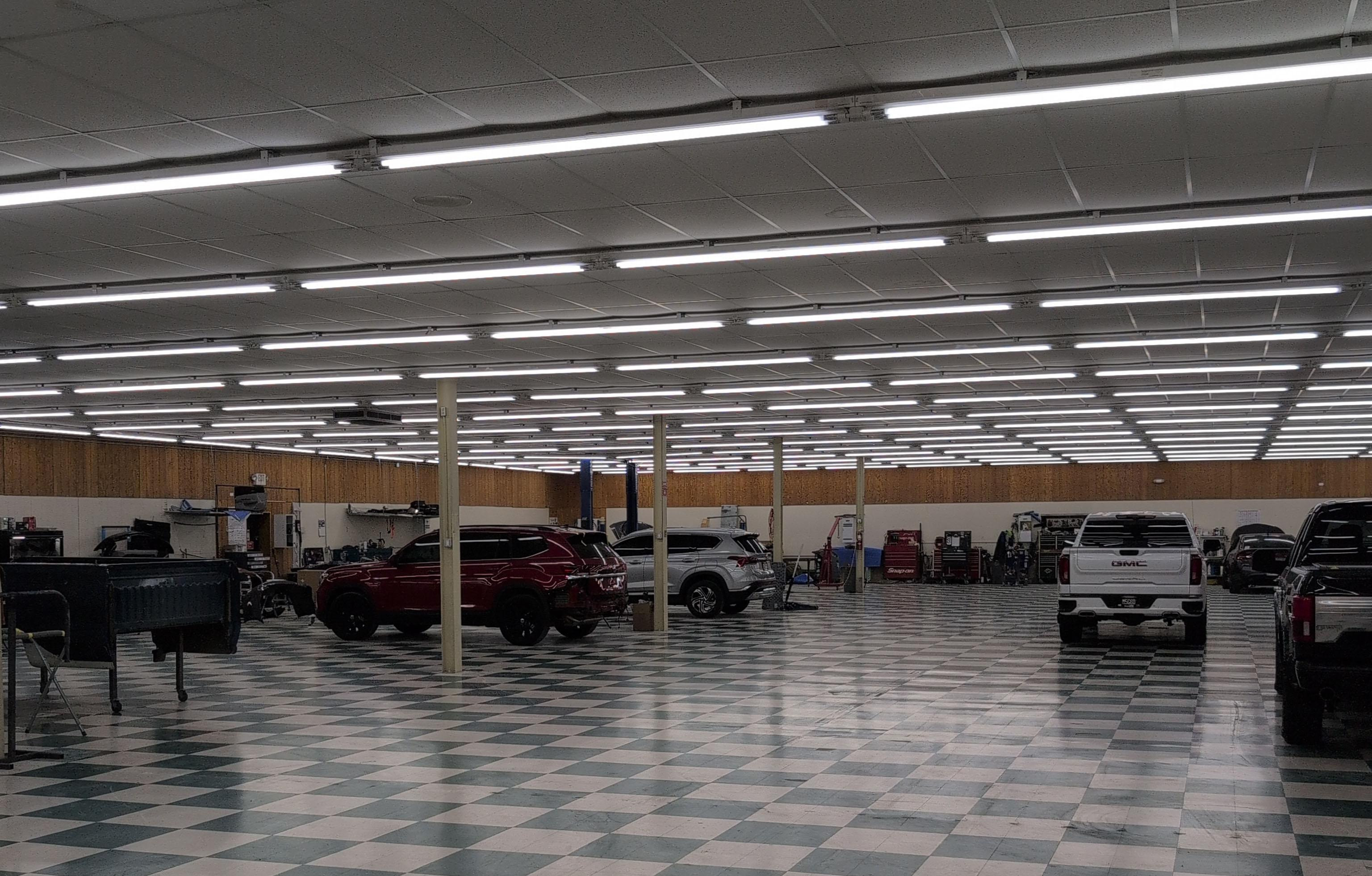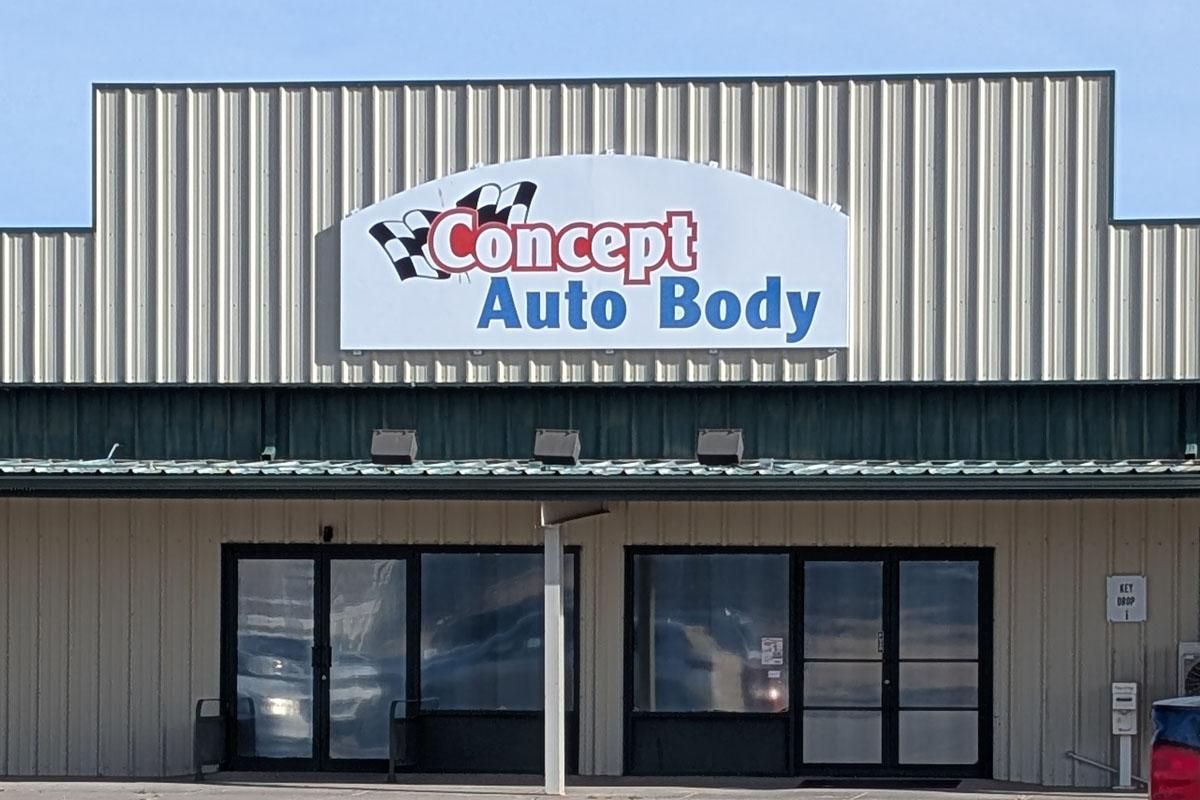Nebraska-based Levander’s Body Shop bought Concept Auto Body in northeast Colorado in late March.
Brian Levander declined comment on purchase price or cap rate, but 2 acres of land underneath the 20,470-square-foot shop sold for $1.2 million. The sellers were Tom and Sheila Reagan, who owned Concept for 15 years.
With the deal, Levander’s has 16 collision centers in three states: 14 locations in Nebraska, one in Kansas, and now, one in Colorado. He plans continued growth, including ground-up development, whether brown or green.
“We’ve got two greenfields in Kansas, opening this year,” Levander said, noting additional opportunities in the state. In Colorado, “we’ve been approached for some acquisitions and will also consider builds.”
Levander launched the MSO from a garage in 1997.
He seeks shops “in B and C markets,” including distressed operations with upside, a “fishing where they ain’t” approach intersecting of late with recent market trends and wider U.S. economic events, to the MSO’s benefit. Levander’s is employing the same strategy as other independent regional players, like Better Collision Centers in the Southeast and G&C Auto Body in Northern California, growing by cash flow and borrowing, not private equity.
Levander noted the callout of his indie operations at the 2024 SEMA Show by Dave Roberts of Focus Advisors.
 Brian Levander.
Brian Levander.
Downward Pressures, Economic Concerns, MSOs Pass
Concept has built a strong name in its community, and Levander will keep it for now. But the community has 12,000 people in it, 80 miles northeast of Denver and an equal distance southeast of Fort Collins and the rest of the Front Range.
This puts it in Levander’s wheelhouse if not those of the larger MSOs. “They’ve got the 50,000 and above on population,” he said. “Our whole business model is ‘how small can we go and maintain our margins.’”
Levander sees larger Eastern Colorado markets as largely bought-up -- “very mature, and there’ll be fewer acquisitions” -- with wider economic elements also brought to bear. He connects current collision industry conditions -- “higher repair rates, more total losses, decreased claim volume” -- and domestic economic concerns such as interest rates for this.
“There’s been downward pressure on profitability,” he said. “Private equity needs tailwinds, not headwinds.”
That provides an entry point for companies like his.
“Brokers know who’s buying,” he said. On previous deals, “We’ve done what we said we’ll do. We can get to the finish line faster.”
Indies Ascending, Sellers Retiring
Selling brokers Cody Wellington and Corey Selenski of Matthews REIS came in, Wellington said, after Concept had been looked at by other buyers for about two years. He said the Reagans, who had a shop in Denver before moving to Fort Morgan, plan to relocate nearer to family in Texas.
 Cody Wellington.
Cody Wellington.
“It’d been on the market,” Levander said of Concept. He said differing approaches by various MSOs, including his, aren’t better or worse -- just different.
“We’re slow and steady,” he said. Concept has room – 20,000 square feet -- for more business, and has been running a lean staff of eight. “There’s plenty of space there to ramp it up.”
 Inside Concept Auto Body.
Inside Concept Auto Body.
Levander has bought family shops before and said the sellers saw them as “good stewards of their employees. We bring structure with our size, but the feel of a smaller organization. We know rural markets, we know the people.”
Levander’s does rebrand under its own name, but it’s market-specific on that.
“As we buildout in Kansas, we may see value” in such a move, Levander said.
For instance, CollisionRight hasn’t rebranded the more than 100 centers it has acquired, as its website sports some 45 logos of shops it owns – mini MSOs, really. CollisionRight also has a “Tier 2 and Tier 3” focus, CEO Rich Harrison told Autobody News in October.
Levander said he watches and talks with other MSOs to see how they structure their businesses, “which helps us internally.”
Levander’s Body Shop also always buys the real estate, on any acquisition, he said. The property goes into “a quasi-REIT (real estate investment trust), and we run the business as if it was being leased.”














Paul Hughes